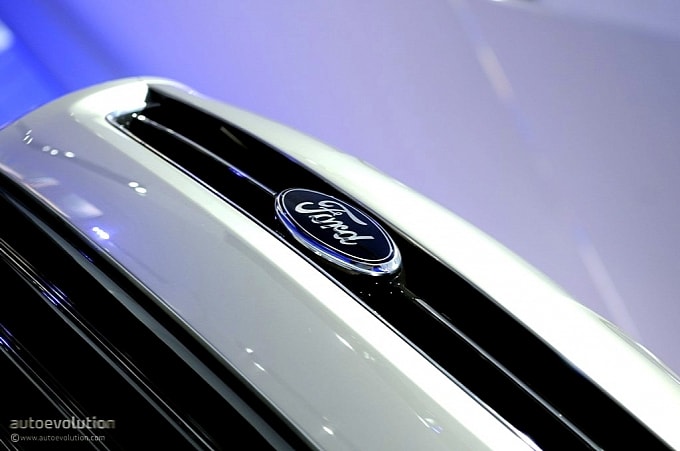The researchers at Ford are currently working on a way to make future vehicles smart enough to independently change how they perform to deliver optimal driveability and fuel efficiency. For that, they’ve decided to make use of Google’s Prediction API, which is now tested to see how it can affect the performance of a plug-in hybrid electric vehicle.
“The Google Prediction API allows us to utilize information that an individual driver creates over time and make that information actionable,” said Ryan McGee, technical expert, Vehicle Controls Architecture and Algorithm Design, Ford Research and Innovation. “Between Google Prediction and our own research, we are discovering ways to make information work for the driver and help deliver optimal vehicle performance.”
Here’s how the technology could work:
• After a vehicle owner opts in to use the service, an encrypted driver data usage profile is built based on routes and time of travel. In essence, the system learns key information about how the driver is using the vehicle
• Upon starting the vehicle, Google Prediction will use historical driving behavior to evaluate given the current time of day and location to develop a prediction of the most likely destination and how to optimize driving performance to and from that location
• An on-board computer might say, “Good morning, are you going to work?” If the driver is in fact going to work, the response would be, “Yes,” and then an optimized powertrain control strategy would be created for the trip. A predicted route of travel could include an area restricted to electric-only driving. Therefore, the plug-in hybrid could program itself to optimize energy usage over the total distance of the route in order to preserve enough battery power to switch to all-electric mode when traveling within the EV-only zone
“Once the destination is confirmed, the vehicle would have instant access to a variety of real-time information so it can optimize its performance, even against factors that the driver may not be aware of, such as an EV-only zone,” explained McGee.
The company is to present a conceptual case of this mechanism at the 2011 Google I/O developer conference.
“The Google Prediction API allows us to utilize information that an individual driver creates over time and make that information actionable,” said Ryan McGee, technical expert, Vehicle Controls Architecture and Algorithm Design, Ford Research and Innovation. “Between Google Prediction and our own research, we are discovering ways to make information work for the driver and help deliver optimal vehicle performance.”
Here’s how the technology could work:
• After a vehicle owner opts in to use the service, an encrypted driver data usage profile is built based on routes and time of travel. In essence, the system learns key information about how the driver is using the vehicle
• Upon starting the vehicle, Google Prediction will use historical driving behavior to evaluate given the current time of day and location to develop a prediction of the most likely destination and how to optimize driving performance to and from that location
• An on-board computer might say, “Good morning, are you going to work?” If the driver is in fact going to work, the response would be, “Yes,” and then an optimized powertrain control strategy would be created for the trip. A predicted route of travel could include an area restricted to electric-only driving. Therefore, the plug-in hybrid could program itself to optimize energy usage over the total distance of the route in order to preserve enough battery power to switch to all-electric mode when traveling within the EV-only zone
“Once the destination is confirmed, the vehicle would have instant access to a variety of real-time information so it can optimize its performance, even against factors that the driver may not be aware of, such as an EV-only zone,” explained McGee.
The company is to present a conceptual case of this mechanism at the 2011 Google I/O developer conference.
